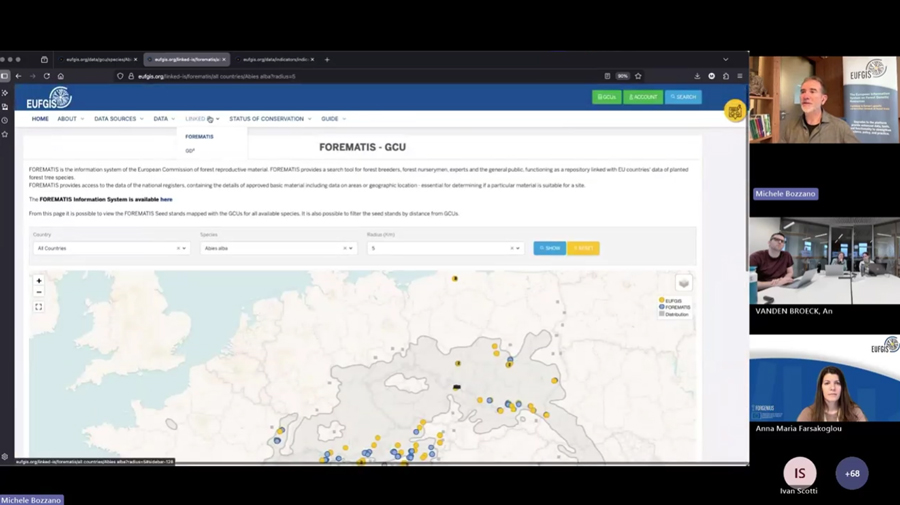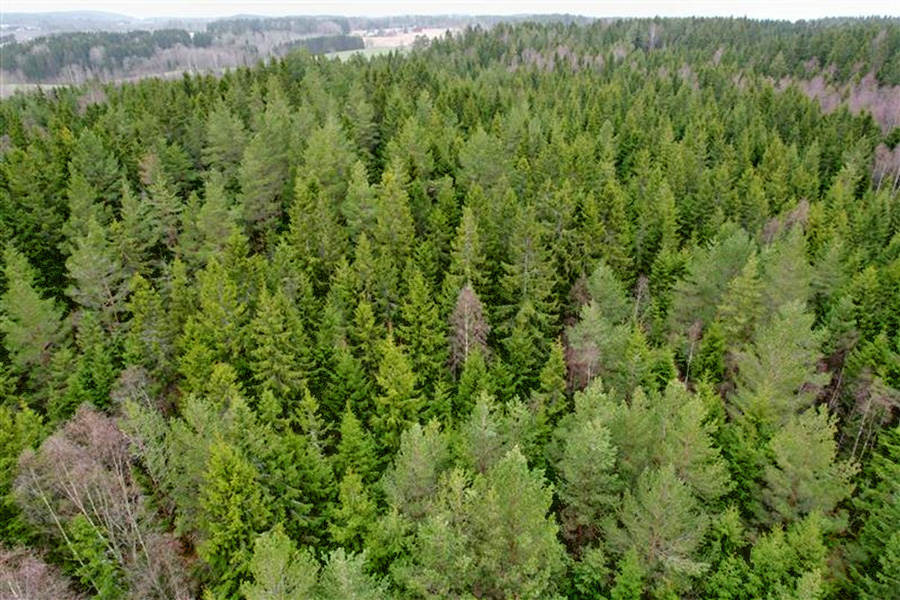PhD opportunity - Genetic bases of leaf and reproductive phenology in beech and oak
PhD position in Avignon studying genetic control of leaf and reproductive phenology in oak and beech, and their role in climate-driven adaptation.
A fully funded PhD position is now open at INRAE in Avignon, France, in partnership with Aix-Marseille University, to investigate the genetic architecture of leaf and reproductive phenology in two key European tree species: sessile oak (Quercus petraea) and European beech (Fagus sylvatica).
This project will explore how variations in growth and reproduction, shaped by both genetic and environmental factors, drive long-term adaptation in wild tree populations. With a particular focus on traits such as leaf emergence and masting (intermittent seed production), the research aims to understand their genetic control and response to climate change.
The PhD student will:
-
Collect environmental and phenotypic data in wild populations
-
Perform whole-genome analyses using GWAS
-
Estimate breeding values with mixed models (BLUP)
-
Use forward simulations to predict evolutionary dynamics under climate change
This interdisciplinary programme is part of the REGEMAST and FAGRESCUE research initiatives, involving collaboration with tree ecologists, evolutionary biologists, and ecological modellers.
Candidate Profile:
Applicants should hold a Master’s degree in a relevant field, with experience in genetics, data analysis, and an interest in forest ecology and evolution.
PhD Start Date: Autumn 2025
Application Deadline: 2 July 2025 (early submission encouraged; interviews to be held by 4 July)
To apply, send a CV and cover letter to:
ivan.scotti[at]inrae.fr and/or julie.gauzere[at]inrae.fr
For more information, visit the URFM lab and BioPopEvol team websites. This is a unique opportunity to work at the interface of genomics, ecology, and evolutionary modelling in the context of climate adaptation.







